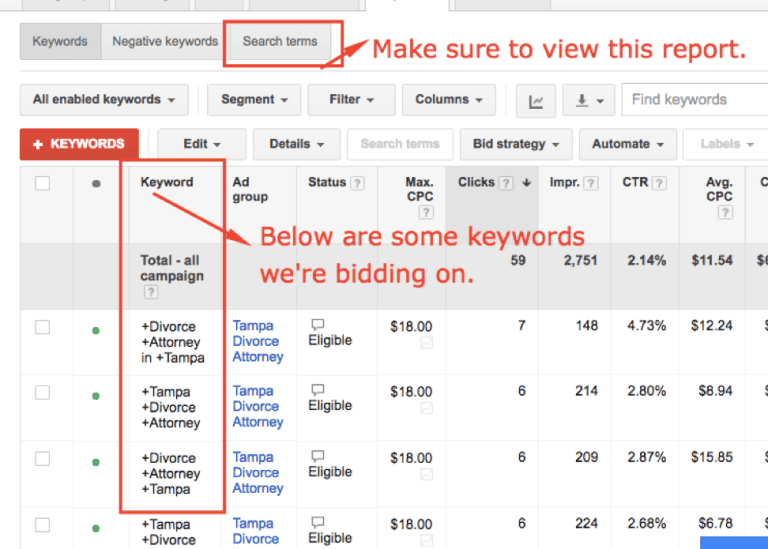How to Master Topic Clusters for Improved SEO Rankings: A Comprehensive Guide
Are you struggling to improve your website’s SEO rankings? Have you heard of topic clusters, but are not sure how to use them effectively? Look no further, as this comprehensive guide will provide you with all the information you need to master topic clusters and boost your SEO rankings. From understanding the basics of topic clusters to implementing them on your website, we’ve got you covered. Follow these steps and you’ll be on your way to SEO success in no time. Let’s get started!
How to Master Topic Clusters for Improved SEO Rankings: A Comprehensive Guide
If you’re struggling to improve your website’s SEO rankings, it’s time to look at topic clusters. This SEO strategy organizes content effectively, provides a better user experience, and can help you rank higher for popular keywords. In this in-depth tutorial, you’ll learn how to master topic clusters for improved SEO rankings.
Introduction
Before we dive into topic clusters, let’s briefly explore their importance. SEO strategies have evolved over the years, and Google now prioritizes well-structured content that offers value to the audience. Topic clusters revolutionize website organization and content marketing by organizing your content in the form of clusters. The ’Pillar’ is the main topic, while the subtopics, also known as clusters, help you build a comprehensive knowledge on the topic. Since every cluster is linked to the main pillar, it helps you to rank higher on search engine results pages (SERPs).
How to Create Topic Clusters
Creating topic clusters can be challenging, but it’s a necessary step if you want to improve your SEO rankings. Here are some things to keep in mind:
-
Choose your main pillar: Start by selecting your main topic for the pillar content. It should be broad enough to cover everything related to the topic, but specific enough to avoid overlapping subtopics.
-
Identify your subtopics: Once you’ve chosen your main pillar, it’s time to identify your subtopics. These should be specific enough to target long-tail keywords and should be related to your main pillar.
-
Create high-quality content: Each cluster should be a high-quality piece of content that provides value to the reader. The content should be well-written, well-researched, and engaging.
-
Interlink your content: The key to topic clusters is linking each cluster to the main topic. This naturally forms the structure of the cluster and supports the internal linking of your site.
-
Keep updating and adding content: Your content should always be up-to-date and fresh. Regularly adding new content to your topic clusters will show search engines that you are an authority in your field.
Advantages of Topic Clusters
Topic clusters bring many advantages to your SEO strategy beyond just improved rankings. They also offer a better user experience and can help you build backlinks.
Improved Structure of Your Site
Topic clusters are a great way to improve the structure of your site. By organizing your content in clusters, each cluster is easier to navigate, and visitors will have a better understanding of your content.
Better User Experience
Topic clusters also provide visitors with a better user experience. With each subtopic included in their own cluster, visitors can easily find information and navigate to other relevant content on your site.
Authority in Your Field
Creating comprehensive topic clusters allows you to demonstrate your knowledge on the topic. By offering visitors a wealth of knowledge, you’re positioning yourself as an authority in your field.
Building Backlinks
Covering relevant subtopics with keyword-rich content will give other websites plenty of resources to link to, increasing your chances of building backlinks.
Improved Rankings
Finally, improved rankings are a significant advantage of topic clusters. By ranking for popular, competitive, and valuable keywords, you’ll have increased visibility and traffic to your site.
Conclusion
In conclusion, topic clusters are an incredible SEO strategy that can help you improve your rankings while also providing a better user experience and building backlinks. By creating high-quality content that covers the relevant subtopics of your main pillar topic, you’ll demonstrate your knowledge and expertise in your field. Consider implementing topic clusters to see an improvement in your SEO rankings and to revolutionize your content marketing strategy.
FAQs
-
What is a topic cluster?
Topic clusters are an SEO strategy that organizes content into clusters, with a main pillar topic and subtopics branching off from it. -
How do topic clusters help SEO?
Topic clusters improve site structure, provide a better user experience, and allow content creators to organize their content more easily. Additionally, in-depth coverage of subtopics can help with building backlinks. -
Is it necessary to create topic clusters?
While it’s not strictly necessary, creating topic clusters is highly recommended if you want to see an improvement in your SEO rankings. By demonstrating comprehensive knowledge on a topic, you’re positioning yourself as an authority in your field and improving the overall user experience of your site. -
Do topic clusters work for every industry?
Yes, topic clusters can be used in any industry, as long as you have a broad topic that can be broken down into more specific subtopics. -
Where can I learn more about mastering SEO?
Consider joining our video tutorial series to unlock the power of topic clusters and to subscribe for more insights on mastering SEO. Whether you’re new to SEO or an established player, you’re sure to learn something new.







